
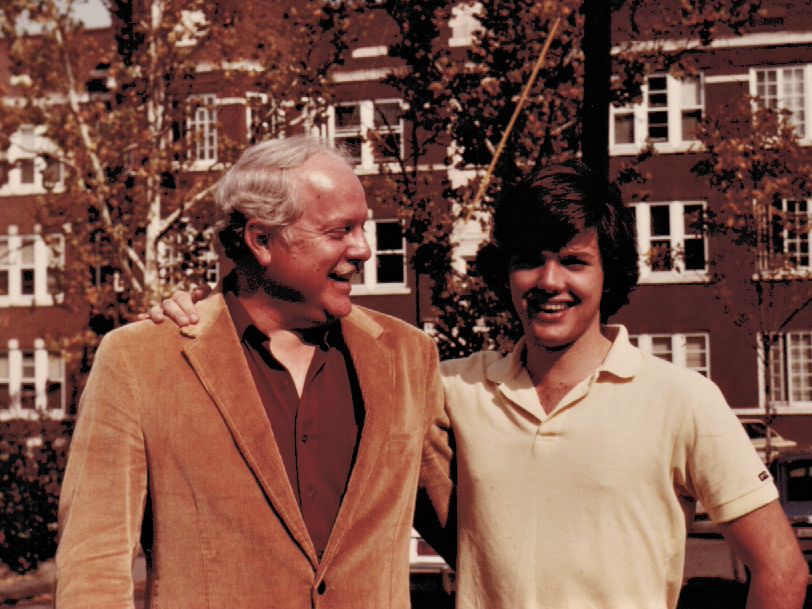
The other night I had a dream about my father, who's been dead 26 years now. It wasn't a big dream. It wasn't a Cormac McCarthy dream, full of Meaning and Portent. No, he said something that I don't remember, and then we just sat together for a while. That was it. No story to it at all. Just a connection with someone who is very important to me, someone who was as real and alive in that dream world as I was in that dream world.
Just a connection.
Just a connection that is instantly familiar to anyone who has ever lost a friend or family member, which is to say instantly familiar to every human being who has ever lived. Just a connection that would be even more familiar and commonplace to any non-modern human, as every civilization on Earth once considered the dream world as real as the waking world, and the dead as physically present in their lives as the living.
Just a connection that is profoundly alien to any AI or constructed modern intelligence, as it expresses a social relationship that lives entirely outside of the macroverse and exists solely in the Metaverse - the mental world of symbols and images (unstructured data) that are imbued with meaning by humans through the application of coherent linguistic structures (grammar) to create patterns of communication (language) that can tell a story that will shape our thoughts (Narrative), and which finds physical expression in the electric, neurochemical ocean of quadrillions of self-organized neurons across billions of human brains.
Just a connection, but our most human connection. Our uniquely human connection. Our if and only if connection. A connection that is always experienced uniquely and individually and idiosyncratically, but a connection that is also a shared human communion that has occurred tens of billions of times over thousands of years.
It is a Mystery, in the true and original meaning of the word.
And it is dying.

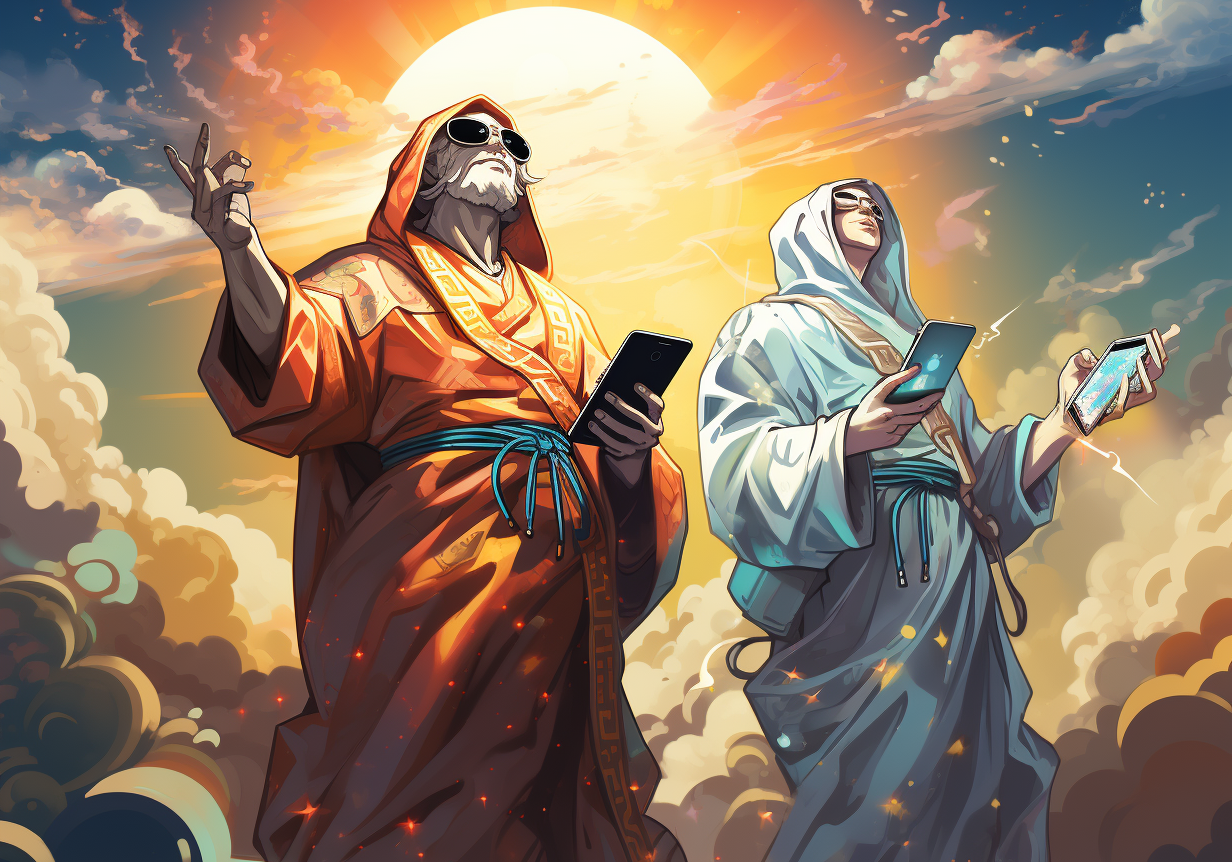



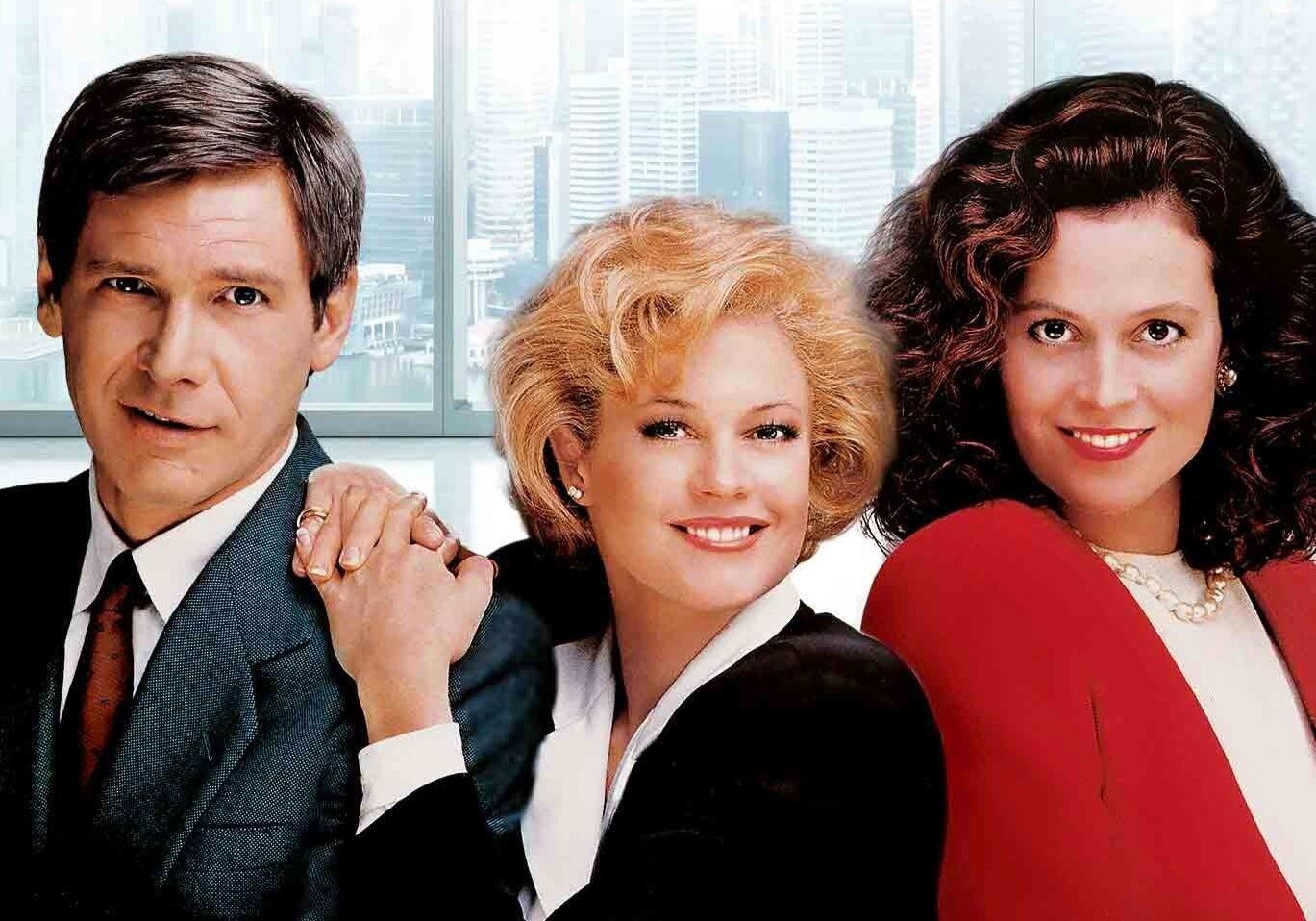

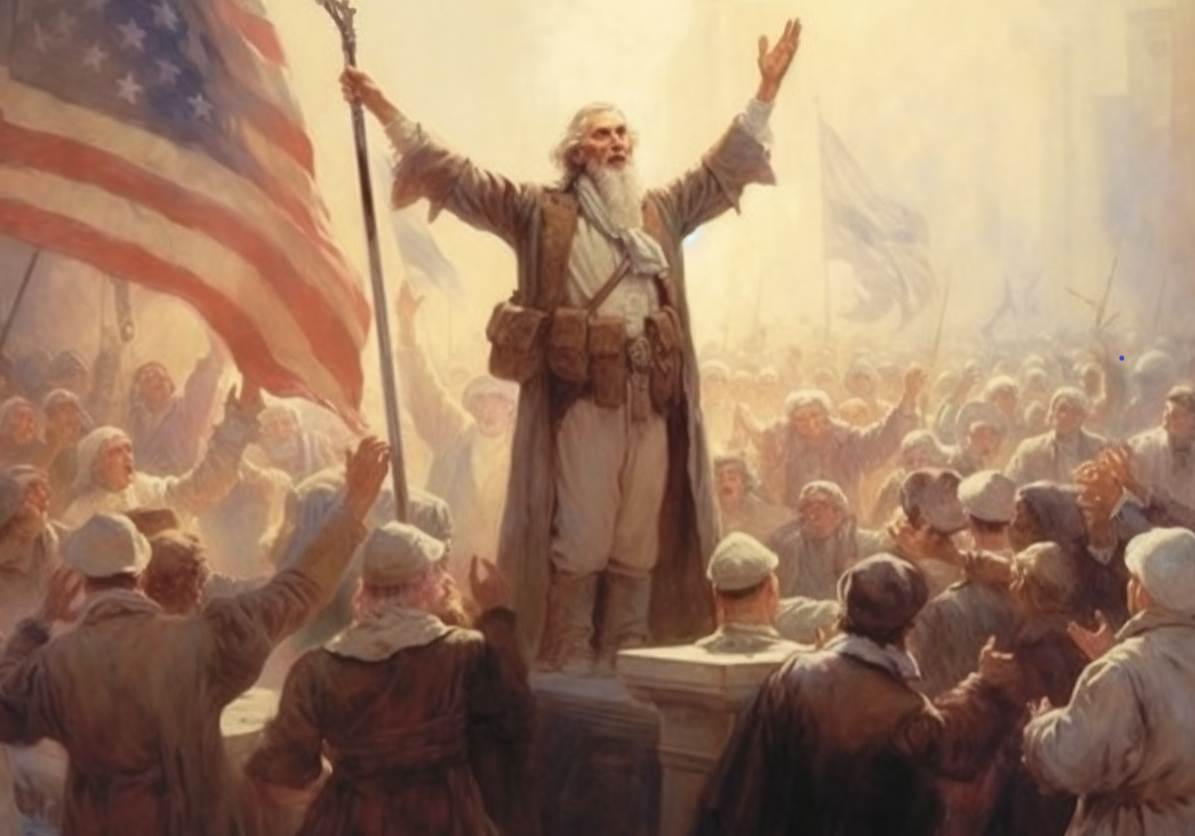
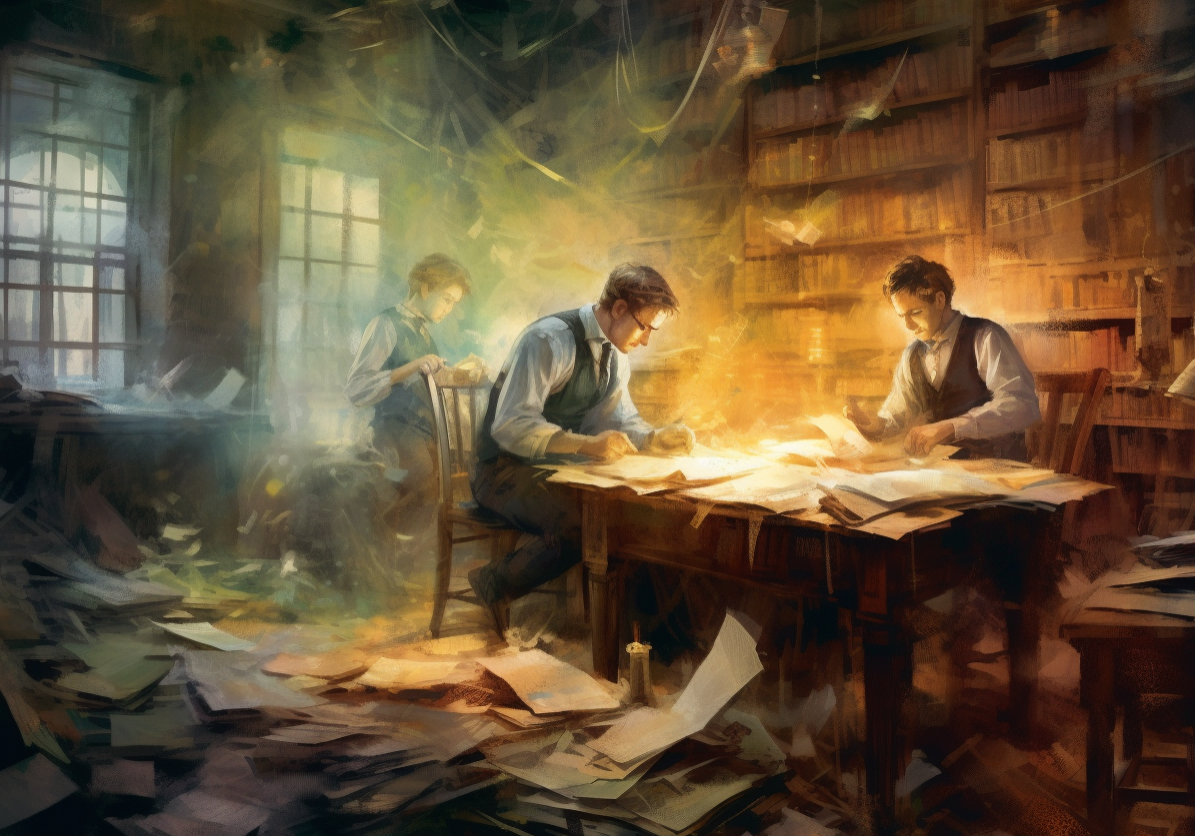

Next steps please! The darker forces you describe sound like negative network effects.
Yes, very dark forces. But not much darker than what Voltaire was writing about. And, on the bright side, we’re still here a couple centuries later. In fact, Ben’s note is full of optimism and love for the entire human race (to which, unfortunately, I can’t relate), so not so dark after all.
National ET conference next spring - ET Connect - in Nashville, TN, where we’ll discuss NOAH and NEWS and much more besides. Before then I expect we will launch a foundation to separate some of these projects (or at least the financing) from our company.
Part of this note reminded me of a moment from my past.
Some years ago–more than I care to think about, frankly–I was in Las Vegas with this gal. She wanted to go see the Bodies exhibition that was on display at one of the hotels. If you’re not familiar, the exhibition is real human bodies, stripped of flesh, and preserved for display. You get to see the muscles, the nervous system, whatever it is that each body is meant to highlight. I told her I couldn’t do it. Each one of those bodies was once a person. They were a son or a daughter. They were a father or mother, maybe. They were someone in this world. They existed. They had dreams. They had people who loved them. But they weren’t an abstraction or a science experiment or a f**king piece of modern art for drunks to gawk at. I told her all of this, politely and gently, because it was the only way to hide my rage at what I saw as savage inhumanity. As it turns out those bodies are maybe (probably) all from prisoners in China, so the odds are good that the thing I found to be so grotesque and unethical is actually worse than I suspected.
The exhibition is still going today. For $32 you can see what is most likely a number of Chinese prisoners, stripped of their humanity (in this case literally), and on display for you to marvel at. You can tell yourself that you’re going because you want to see the intricate nature of the circulatory system up close. You can tell yourself that looking at the various stages of fetal development–with real fetuses that never made it to this side of life–is cool and fun because you’re just a Science Nerd . But deep down maybe you know how uneasy you feel. Is the frozen rictus on that man’s face intentional or is that the consequence of his life ending abruptly before being skinned and lacquered for your viewing pleasure?
. But deep down maybe you know how uneasy you feel. Is the frozen rictus on that man’s face intentional or is that the consequence of his life ending abruptly before being skinned and lacquered for your viewing pleasure?
We can choose to attend an exhibition of inhumanity and ghastly cruelty.
We can choose to create our own exhibition of humanity and hope.
I know which I’ll choose.
Two quotes from Martin Luther King, reflecting (imo), on the long now:
"Injustice anywhere is a threat to justice everywhere. We are caught in an inescapable network of mutuality, tied in a single garment of destiny. Whatever affects one directly, affects all indirectly.” He wrote that in 1963 from the Birmingham Jail.
King gave us some hope in 1965 when he said,
“the arc of the moral universe is long, but it bends towards justice.”
The very end of the Old Testament is Malachi.
The last two verses of Malachi are as follows (KJV):
5 Behold, I will send you Elijah the prophet before the coming of the great and dreadful day of the Lord:
6 And he shall turn the heart of the fathers to the children, and the heart of the children to their fathers, lest I come and smite the earth with a curse.
There is a lot of speculation (and religious tradition) surrounding these verses and the curse that is mentioned. The appearance, influence and domination of the nudging state and oligarchy is an interesting and frightening one that occurred to me as I read your post.
As for your ark, it may not be your secular version but
sounds pretty close to what you are describing in the post.
It is run by the Church of Jesus Christ of Latter-Day Saints, rather than an explicit for-profit company like ancestry.com which is owned by Blackstone.
Familysearch.org is a current existing structure/website that fits your description and is ready for use; rather than having to build one from the ground up in conjunction with hundreds (maybe thousands) of underfunded local public libraries.
So encouraging, Ben. I’ve been wandering in my faith, for a while. I worked as a pastor at a church for almost 10 years and, as of now, haven’t been to church in 16 months. I stumbled upon Pt.1 of this series of notes when it was circulating Twitter and it blew my mind. This series (among other ET notes) have resonated so deeply for me. The notes are helping me map out and make sense of the new wilderness season I have found myself (and our world) in. In particular to this note: building a house of faith that is “a secular faith that celebrates the human Mystery” is something I want to be part of…and, the idea of NOAH leaves me feeling…hopeful. The fact that you’re such a fan of Cormac McCarthy and that you were able to give great meaning to a scene that has always given me goosebumps/transcended my understanding is just so cool. Thank you, Ben! Looking forward to participate in Carrying the Fire… and, reading more notes.
Joey
[quote=" The appearance, influence and domination of the nudging state and oligarchy is an interesting and frightening one that occurred to me as I read your post.
[/quote]
The introduction to Malachi in the NRSV Harper study Bible tells us that people had turned to evil and away from God. “The people in the land were discouraged. Times were hard; they were experiencing drought and famine, a spirit of apathy and difference in spiritual backsliding existed.” Is history repeating?
Sounds like what Ben is writing about with respect to the present time and the need to return to one’s roots.
Roy
“Within a few decades, I believe it will become feasible to make a holographic recording of everyone”
Everyone Everywhere All At Once.
If things don’t work out so well it would be a good idea to have some low-tech solution - a Second Ark at the other end of the [technology] universe. I have no idea how that would work.
This group (Mission & Activities | www.1947partitionarchive.org) is “a modern digital archive that is dedicated to documenting everyone’s history” for a particular group of voices: we have created a digital platform for anyone anywhere in the world to collect, archive and display oral histories that document not only Partition, but pre-Partition life and culture as well as post-Partition migrations and life changes .
Profound writing Ben, thank you. I’m struck by similarities to Jung’s exploration of the collective unconscious as a pathway (Arc) for your Ark where story telling of the human mystery thrives and is built upon. I find myself closest in proximity (and clarity) to my own story when surrounded by family and friends, but also when surrounded by raw nature. This makes sense of course, as your mind can flush the constant noise of the the nudging oligarchy, and replace it with clear signals of natural sounds (and stillness) found in forests, mountains, deserts, and oceans. Anyways, nature is part of MY story, but is a collective force as well for OUR story.